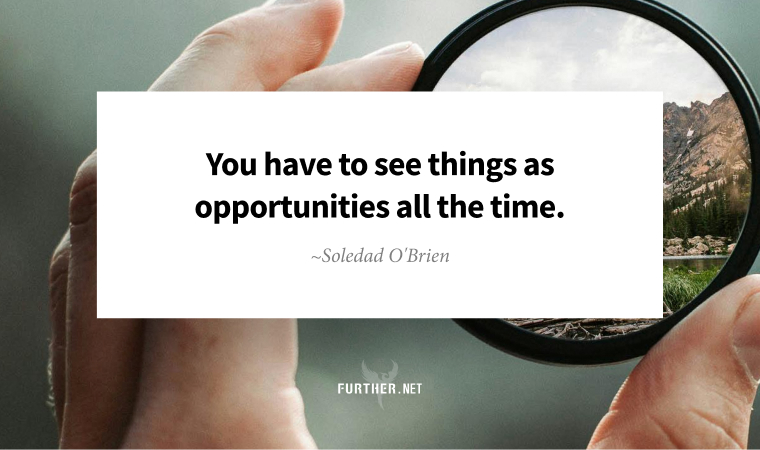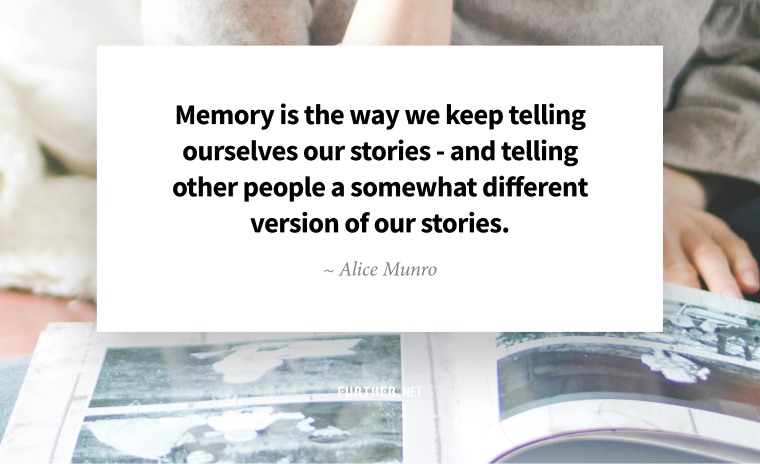
We’re in the midst of a major restructuring in the workforce.
Gen Xers should be ascending to the highest levels of company management, but instead find Baby Boomers who don’t want to retire standing firm. Longer lives and health spans – plus the increasing awareness that retirement is not all that – means that traditional upward mobility is stalled.
But if you try to make a lateral move (or rebound from a layoff), you’ll find you’re butting up against a solid wall of ageism. With A.I. screening resumes with age parameters, no human will be involved to make you the exception.
Meanwhile, elder Millennials are facing the elimination of middle management. I said long ago that A.I. would eliminate jobs in this middle tier, and it’s being combined with a new “unbossing” movement spurred by Gen Z, who employers favor because they’re inexpensive and perceived as more tech savvy.
So I have mixed feeling when I see stories about Gen Xers going in to debt to earn degrees, like 59-year-old Kris Neilson racking up $42,000 in loans to get her MBA. On one hand I admire her initiative, but will it really help if she’s algorithmically screened out before the interview stage?
And even if she makes it through, what job would a new MBA be interviewing for? That’s right, those disappearing middle management jobs. It’s just not a promising situation, and that’s before we get to the fact that she has $42,000 less for later in life.
I’m not saying these are smart moves by companies. And the long term trend with an aging population and dropping birthrates says that employers must embrace older workers. But over the crucial coming year years, Generation X is going to have it rough with traditional employment – and that can be enough to wreck your financial prospects for retirement.
One thing we know for sure, the pendulum always swings back. Employers will realize they need the experience and wisdom of our particular age group. And at that point the smart move will be to sell your skills back to them on your own terms.
Instead of earning another degree in your spare time, slowing start up your own consultancy or freelance business. Not only will you have a Plan B already in motion, but you’ll also have more flexibility on where and how you live your life.
Keep going-
P.S. New to Further? Join us here.
Brain Food
Understanding the biological processes of getting older could help us lead longer lives, and stay healthier later in life. A new study links the speed at which our brain ages with the nutrients in our diets.
Scientists Discover Key Food Nutrients Linked to Slower Brain Aging (Science Alert)
Sleep Food
Our brains and bodies also need sleep to thrive, and we really, really want to sleep well. Once again we can turn to the right foods.
Eating more fruits and vegetables may lead to optimal sleep duration (Medical XPress)
Happy Returns
If you’ve been thinking about using CDs for your retirement savings, you should reconsider. CDs work well for short-term savings. For long-term savings (anything that’s more than five years away), there are investments that will likely make you more money.
Forget CDs: Here Are 4 Better Investments for Your Retirement Savings (Motley Fool)
Walk This Way
“One of the many joys of travelling is exploring a new country on foot, adapting to the local daily rhythms. As you slow your pace, you’re better able to take in novel sights and sounds around the walking trails, appreciate the vastness of the landscape and adapt to the changes in the weather.”
13 of the Best Walking Trails in the World (Travel Magazine)
Remember This if You Want to Extend Your Life

By Trudi Roth
Recently, I took a two-week tour of memory lane that started at a family celebration, proceeded to a memoir-writing retreat, and ended in Eastern Europe, where I retraced my ancestors’ steps.
The trip was a great reminder that experiences make life meaningful, and memories are vital evidence of your very existence. And yet, memory is annoyingly unreliable. In middle age, you know this instinctively — half the time, you can’t remember where you put the keys or why you walked into the kitchen. And the rest of the time, you realize that the only things in your home worth saving are sentimental items like photos and letters.
If all you have in the end are your memories, then now’s the time to prioritize remembering.
Forget About It
First, a word about remembrance: it’s not just ritual — it’s also an adaptive trait. In his book Why We Remember, neuropsychologist Charan Ranganathexplains:
The various mechanisms that contribute to memory have evolved to meet the challenges of survival…Viewed through this lens, it is apparent that what we often see as the flaws of memory are also its features.
This means forgetting is an equally important part of the equation. Since the 19th century, scientists have studied the “forgetting curve,” where much of your daily experience is lost — your system’s way of making space for new information.
More recent research shows we recall things incorrectly and imaginatively interpret memories as we switch between episodic memory (experiences) and semantic memory (facts without experiential context).
All of this is to say that it’s not age that affects your memory but a “web of interrelated functions,” according to Ranganath. Memory preservation, therefore, demands a multi-pronged approach.
You Must Remember This
To retain basic information, like phone numbers, you can try creating a memory palace or “chunking,” which entails grouping smaller bits of information into a whole for better retention.
But if you’re focused on not letting your days slip away, then there are other ways to work what actress Marilu Henner, who has a syndrome known as “highly superior autobiographical memory” (HSAM), calls your “brain muscle.
By really exploring your past, or remembering it in some way, you get a piece of your life back. Your life becomes longer and richer, and kind of stretches in the middle.
While keeping a journal and cataloging photos, letters/emails, and other nostalgic ephemera can help, not everyone is that organized (🙋♀️). You might instead try something that storyteller Matthew Dicks calls “homework for life,” where you set aside five minutes a night to jot down a couple of sentences in a spreadsheet about the day’s best moment. This empowers you to not only retain your memories but also make them searchable.
Don’t forget to do that homework, and you’ll get an A for ageless: the ability to slow time, live more purposefully, and document a life well lived — and well worth remembering.
Can Forgetting Help You Remember? (The New Yorker)
How to Live Forever (The New Yorker)
further: flashback

Luscious Jackson – Naked Eye
Fever In Fever Out, 1996
The video for Naked Eye was inspired by the 1977 Luis Buñuel film That Obscure Object of Desire, which featured two actresses playing the same role. All four members of Luscious Jackson portray the same character, a woman being tensely escorted to a departing aircraft by her boyfriend. (YouTube)
further: sharing
Enjoy this issue? Please forward this email with friends or share on social media.
Thank you for sharing Further!
